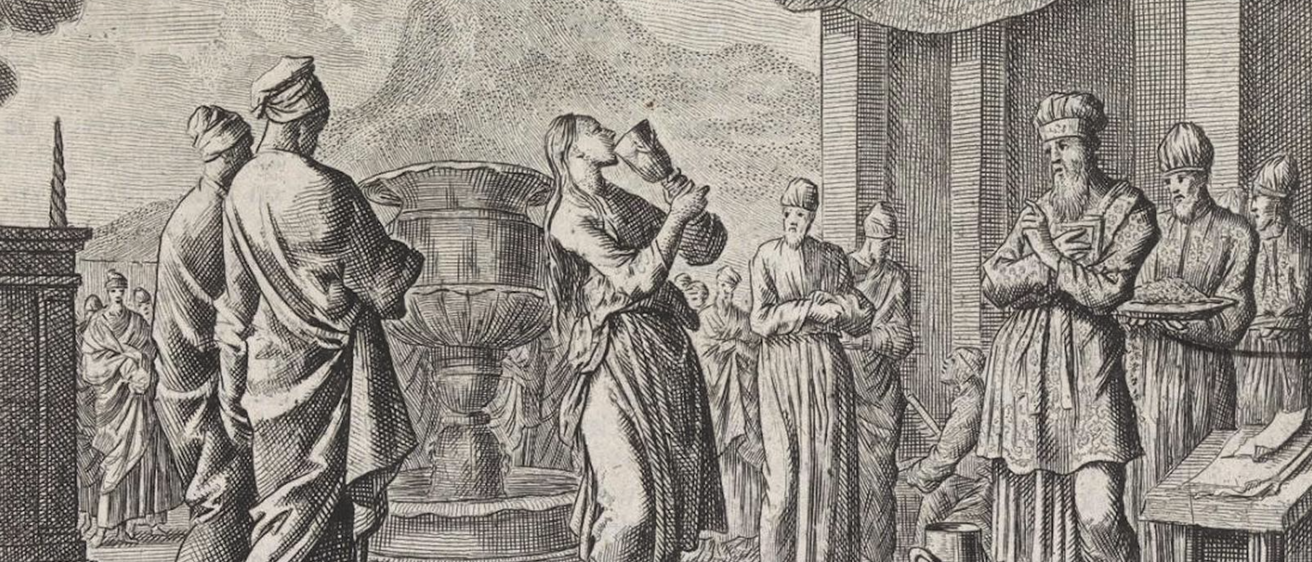Increasingly over the past several years questions related to abortion are becoming more and more frequent. I first remind readers that our modern conception of abortion didn’t exist when the Bible was written, so you will not find any single direct answer to the abortion issue in the Bible.
The one place where the Bible comes closest to describing something like abortion would be Numbers 5:11–31, where a woman whose husband thought she had committed adultery, but has no evidence to prove it, is forced to drink the magical "water that brings the curse." If she has committed adultery, anything that is currently in her womb will discharge and she will no longer be able to have children.
A similar issue appears in Exodus 21:22–25, which describes a physical fight that injures a pregnant woman resulting in a miscarriage. If the miscarriage is the only result, then the penalty is only a fine, while the death of the mother would require "life for life."
However, the modern issue is really more a matter of deciding when "human life" begins. Thus, while there will always be some who argue for no abortion ever, and others who argue for the possibility of abortion right up until the moment of birth, all parties are essentially trying to define the crucial point when "human life" actually begins.
One popular view holds that life begins at conception—the joining of the male sperm and the female egg—but there are others who argue that life begins before conception, since figures like the "suffering servant" of Isaiah 49:1–2; the Persian King Cyrus (Isaiah 44:24); the prophet Jeremiah (1:5); and the apostle Paul (Galatians 1:5) are described as being called into their roles before they were born. This is the reason why many Christian groups forbid any form of birth control whatsoever.
However, if we go back to the beginning and Genesis 2:7, it is when the Lord breathed his own breath into the dusty form that would become Adam that it becomes a living being (c.f. Psalm 104:29, Job 34:14–15). For this reason, many Jewish and Christian groups consider the moment that a baby draws its first breath to be the moment that it becomes a living being.
Then again, according to Genesis 9:4, the blood is the source of life (c.f. Leviticus 17:10–14). Ancient Jews knew that those without a functional circulatory system could not live, and this is likely why blood sacrifice played such an important role in so many ancient cultures. The focus on lifeblood is one reason that groups like Jehovah’s Witnesses do not accept medical procedures that require a blood transfusion.
Ultimately, if we turn to the Bible with the question of when life begins, we find what my students have come to refer to as my mantra: "It’s complicated."
